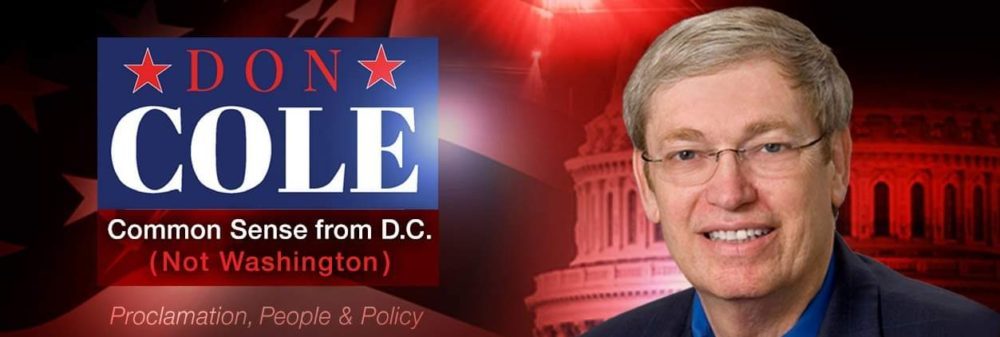Michelle Obama spoke at the Obama Foundation Summit in Chicago last Tuesday. She spoke of overcoming the challenges she experienced.
She said that “people” doubted her ability to make it at Princeton. She offered this advice, “All you can do is put your head down and do the work and let the work, your truth, speak for itself.”
In other words, do not let the opinions, or perceived opinions, of others hold you down. Put your best into what you are doing. That is wise counsel.
But then she continued:
“I can’t
make people not afraid of black people. I don’t know what’s going on. I can’t
explain what’s happening in your head, but maybe if I show up every day as a
human, a good human, doing wonderful things, loving my family, loving our kids,
taking care of things that I care about — maybe, just maybe that work will pick
away at the scabs of your discrimination. Maybe that will slowly unravel
it. That’s all we have, because we can’t do it for them, because they’re
broken. Their brokenness in how they see us is a reflection of this brokenness.
And you can’t fix that.” (Michelle Obama – Obama Foundation Summit
Chicago, Il. October 29, 2019)
When she talks about “how they see us,” I assume that “us” is a reference to herself and other black individuals. I wonder, however, who are “they?” Who are “people” who are afraid of black people? Who are the “broken?”
I am not afraid of black people. Most people I know are not afraid of black people. As far as I can tell, black people are not afraid of me and they do not feel that I am afraid of them.
We live in the same neighborhoods. We go to the same schools. We cheer for the same football teams. We go to work together. We worship God together. We have the same concerns for those around us. We grieve when a loved one dies. We suffer and persevere through life’s difficulties and rejoice in life’s celebrations.
In other words, we don’t focus on each other’s skin color. We see each other as valued human beings.
I heartily agree with her wise advice to “do the work.” This is not black advice, white advice, or advice limited to any other racial or ethnic group. This is wise advice for all.
But she undermines that wise advice by making the blanket statement that black people are feared. She leaves the impression that anyone who is not black is afraid of black people.
The idea that everyone whose skin is a different color, is afraid of you, creates defensiveness. It does not build trusting relationships and working together to build a stronger community.
By making undefined broad generalizations, Michelle Obama plants a seed of victimization. That seed sprouts fear, division, and prejudice.
Whatever it is that Michelle Obama sees in “people” who are afraid of black people, it does not reflect the truth. Perhaps the truth is that what Michelle Obama sees is actually a reflection of her own perspective.











 by
by 
